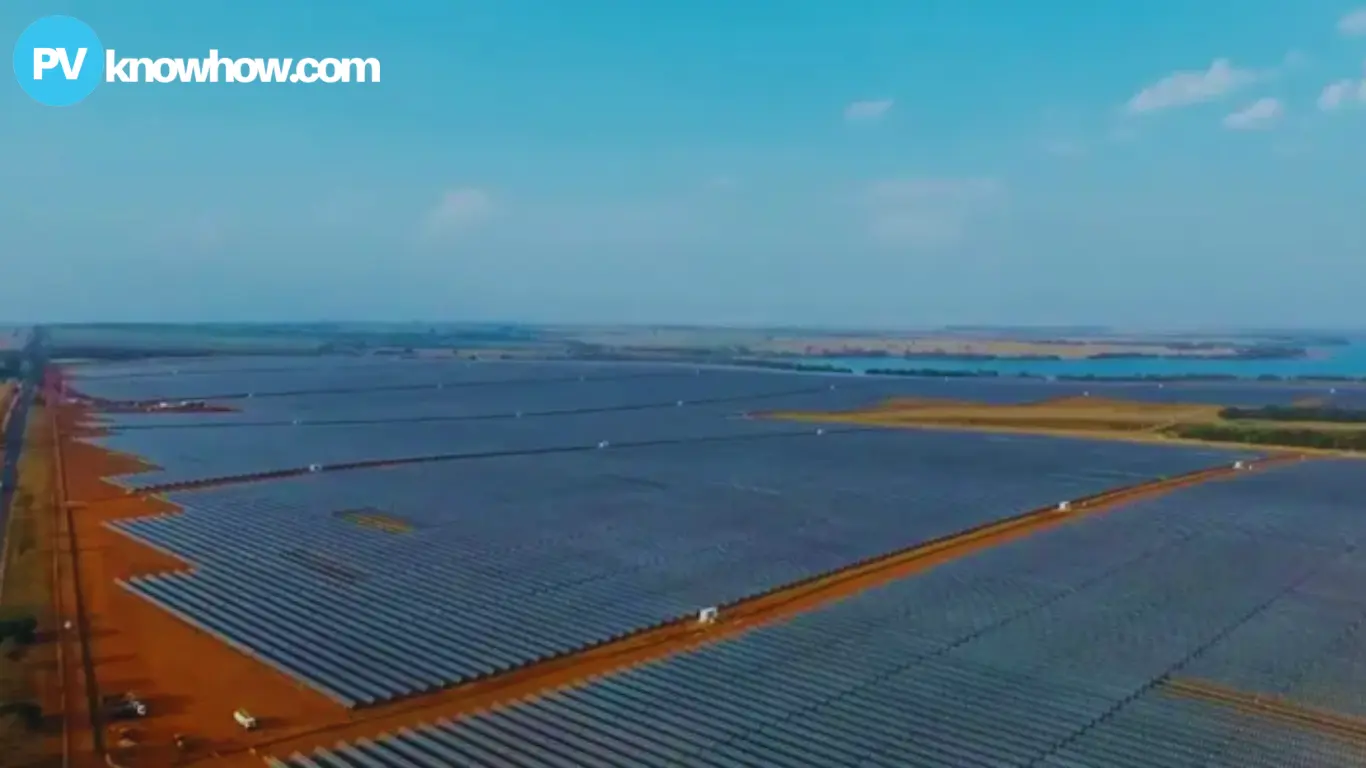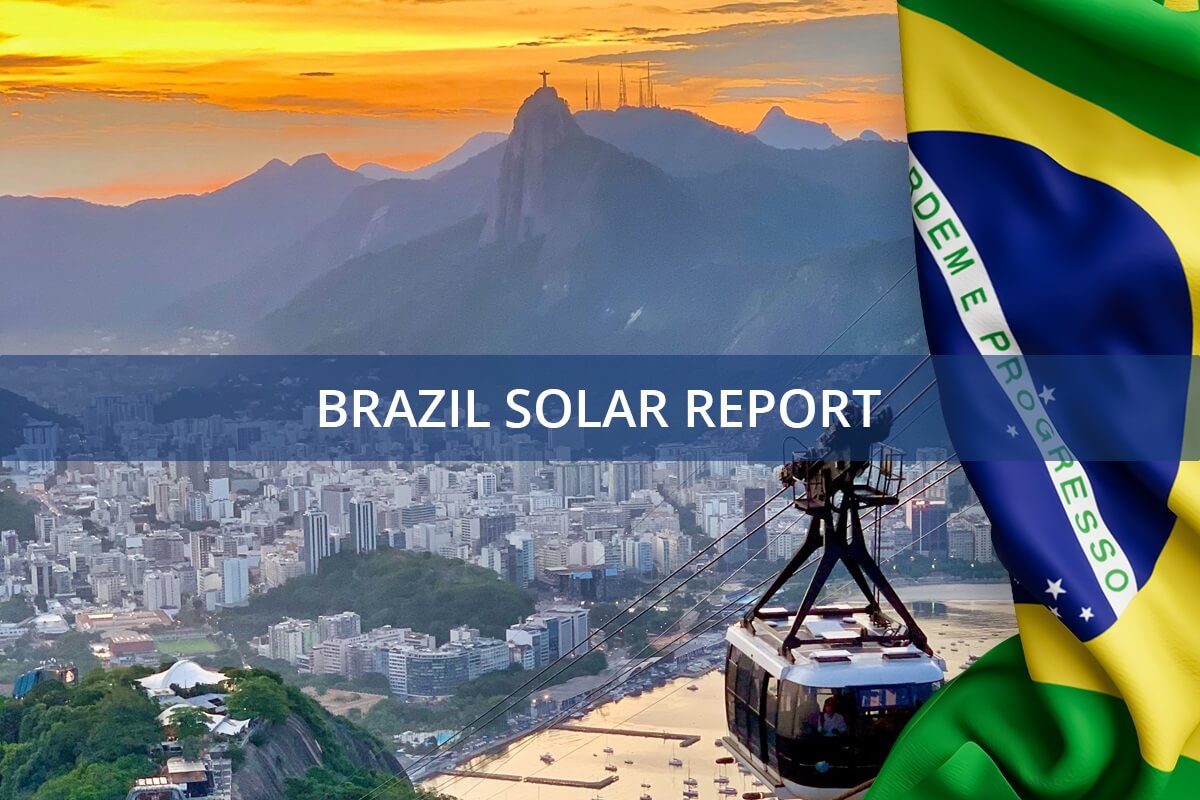Brazil's Superintendency for the Development of the Northeast (Sudene) has approved a loan of BRL 149.62 million (USD 27.6 million) for two solar projects by EDP Renováveis Brasil, with a combined capacity of 98 MW.
Northeast Fund Finances Monte Verde Solar V and VI Projects
The Brazilian government agency has stated that this funding, sourced from Sudene's Northeast Development Fund (FDNE) will be allocated for the development of the Monte Verde Solar V and VI projects. The two solar projects will require a total investment of BRL 457.27 million, with Sudene's fund contributing BRL 205.52 million. Located in the northeastern state of Rio Grande do Norte, the two solar projects are projected to generate 160,000 MWh annually once operational.
Sudene's Loan to Boost Solar Energy in Brazil's Northeast
The loan from Sudene is set to significantly advance solar energy development in Brazil's Northeast region, particularly with the Monte Verde Solar V and VI projects which will add 98 MW of capacity. This enhancement is vital for meeting Brazil's renewable energy targets and diversifying its energy matrix.

Monte Verde Solar (Image: Collected)
The investment is anticipated to boost local economies by creating jobs in the construction, maintenance and operation of the solar facilities. This initiative is expected to provide employment opportunities for both skilled and unskilled workers, thereby supporting the region's socio-economic development.
Additionally, local communities may benefit from agreements related to energy distribution, which could reduce energy costs and enhance electricity access in underserved areas.
Brazil's Sustainability and Energy Security
This initiative marks a substantial step towards reducing greenhouse gas emissions and reliance on fossil fuels, aligning with Brazil's sustainability and carbon neutrality goals. By boosting solar energy production, the projects will not only contribute to environmental preservation but also support Brazil's long-term sustainability objectives.
This development positions the Northeast as a leading player in renewable energy production across Latin America. Furthermore, the increased solar capacity is expected to improve energy security in the region, creating a more stable and resilient power grid. This enhancement is particularly crucial for areas that experience energy shortages or supply instability, ensuring a reliable energy source for local communities

